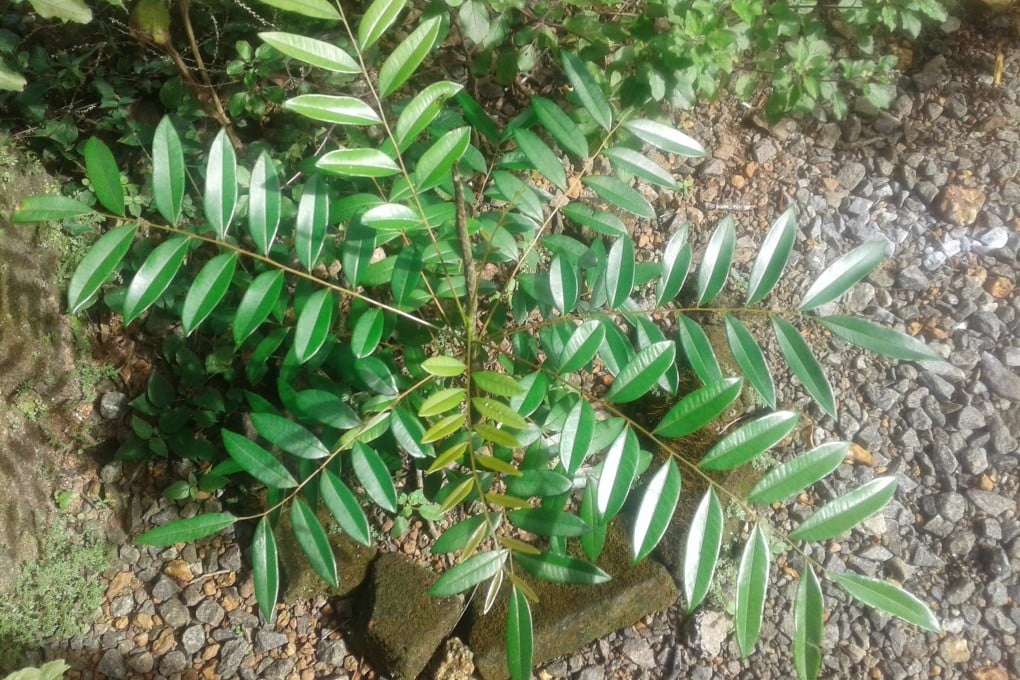The paradise tree, its health benefits and how chemotherapy side effects can be alleviated by it
- Also known as Simarouba, the paradise tree has been studied for years to discover its medicinal properties and its potential to aid in battling cancer
- Two Indian botanists who have been researching the tree since 1986 say it can cure viral, bacterial and protozoal diseases and acts as a powerful antibiotic

In 1986, when the Karnataka government handed a husband-and-wife team of botanists four seeds from the Simarouba glauca tree – also known as the paradise tree – they were told to research its ability to produce biofuel and edible oil, and how it might reclaim wasteland in the Indian state. Three decades on, the paradise tree is providing all that and more – including bringing comfort to cancer patients battling the side effects of chemotherapy.
“We refer to this tree as Mother Simarouba,” says Dr Shyamsundar Joshi, 78, who took on the research with his wife, Shantha. “We believe it can help cure viral, bacterial, as well as protozoal diseases … [It also] acts as a powerful antibiotic, without side effects.”
The paradise tree is native to South America. For years, its leaves and bark have been used to treat dysentery (it is also known as dysentery bark), fevers, malaria, skin sores, internal bleeding and anaemia in the Guyana rainforest, Cuba, Brazil and other countries.
The Joshis sowed the seeds at Bangalore’s University of Agricultural Sciences, where they were professors, on its Gandhi Krishi Vignana Kendra campus.

They studied the plants, conducting tests on the seeds and oils from its fruits. They confirmed that the paradise tree had medicinal properties, and that is was environmentally and economically viable to develop. They planted more seeds, and today, the once barren 10-acre campus is flush with more than 2,000 trees.